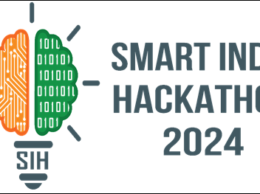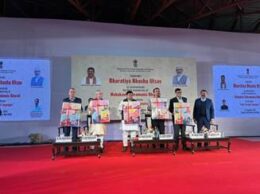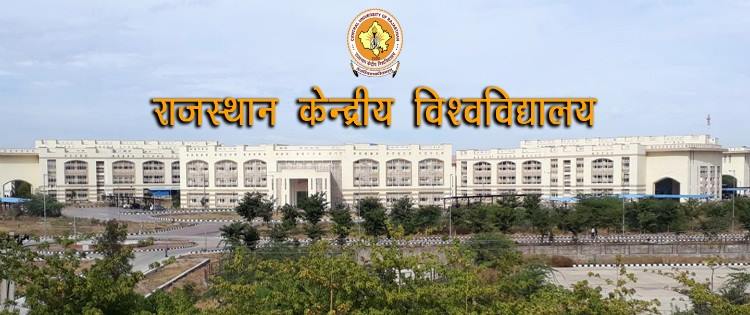NEW DELHI : Aspiring Minds, now SHL, recently undertook an extensive study of candidate assessments and survey data, for the Govt. of Haryana, and supported by Michael & Susan Dell Foundation. The objective of this study was to understand the impact of the apprenticeship training program to help improve the employability of ITI candidates in Haryana. The collaborators wanted to understand the key areas of improvement of such initiatives through quantitative research on the job-readiness of candidates before and after the program.
There was a 25-35% improvement in candidate performance in English Language, Analytical Ability and Computer Programming. Workplace behavioural traits of candidates improved on average by ~40%. Candidates have improved consistently across gender, establishment type and rural-urban groups in all parameters.
“Creating pathways out of poverty for our youth is a top priority for us, and we know how important it is to identify high-impact skilling interventions to ensure candidates are employable,” said Prachi Windlass, Director India Programs from Dell Foundation.
“The research project conducted by Aspiring Minds has helped the Haryana Government get deeper insights into Apprenticeship. It showed that increased supervision, on-the-job mentoring along with peer learning can significantly augment the performance of an apprentice. This further strengthens Haryana Government’s belief and commitment towards providing quality apprenticeship,” said Dr. Raja Shekhar Vundru, IAS from Haryana Government.
59% of candidates strongly agreed that apprenticeship helped them in getting a job and 90% of rated the program as good or very good. More than half the candidates affirmed that they learnt and applied new concepts which were useful for an impactful learning experience.
“The outcomes of this study will be important for future interventions of the governments not just in Haryana but across different states in India. The insights from these assessments helped quantify the impact of apprenticeship programs and which parameters make most impact. Consequently, such rich data and insights will help design better apprenticeship programs,” said Varun Aggarwal from SHL.
Key recommendations of the report include: providing hands-on tasks to candidates for effective and applied learning, ensuring that the candidates spend regular hours at the workplace, regular supervision and training and regular assessment to measure the performance of candidates and the effectiveness of the program.
“These learnings can now be incorporated into the design of the Government’s programs to make apprenticeship even more effective,” added Dr. Raja Shekhar Vundru, IAS from Haryana Government.









